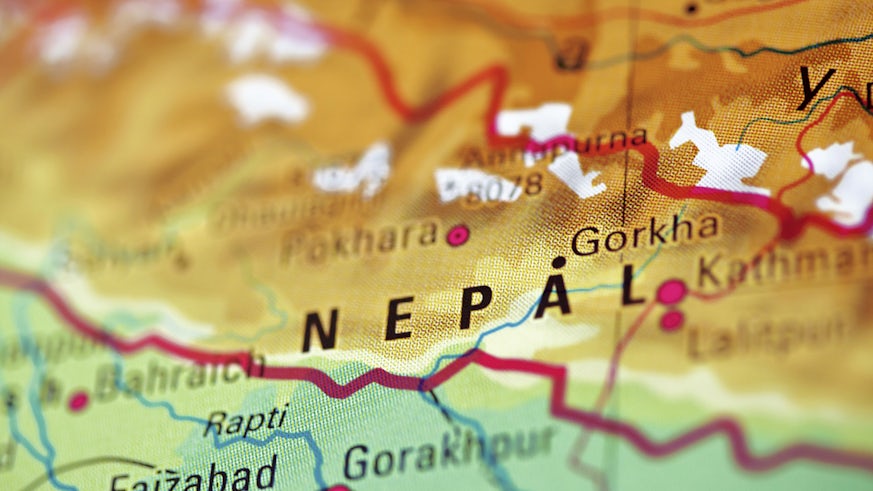Supporting Nepal’s post-disaster efforts
28 April 2015

Pioneering program provides real-time assessment of landslide risk
Cardiff University experts are aiding the immediate rescue efforts in Nepal by providing a real-time assessment of further landslide risks following Saturday's devastating earthquake.
Dr Robert Parker and his team from the University's School of Earth and Environmental Sciences have developed a unique program, known as ShakeSlide.
The computer program provides disaster assessment teams with invaluable information in providing post-earthquake assessments.
Organisations like The World Bank and MapAction are now collaborating with Dr Parker directly, working alongside the disaster assessment teams.
Dr Parker said: "Saturday's earthquake in Nepal occurred in one of the world's most landslide-prone regions.
"Landslide hazards are expected to account for a substantial proportion of losses and damage produced by this event. ShakeSlide provides a first-order prediction of the probability of landsliding across regions affected by seismic shaking, using ground motion data published by the United States Geological Survey.
"The predictions are based on a statistical analysis of spatial patterns of landslides triggered by a sample of large earthquakes in the USA, New Zealand, Taiwan and China.
"The model predictions provide a rapid, first-order assessment of earthquake-triggered landslide hazards, and are currently being used to guide efforts to map landslide damage caused by Saturday's earthquake in Nepal."
Dr Parker's preliminary predictions are being used on the ground to assist the post-disaster response.
The information is helping relief agencies assess the extent of damage across tens of thousands of square kilometres affected by this earthquake.